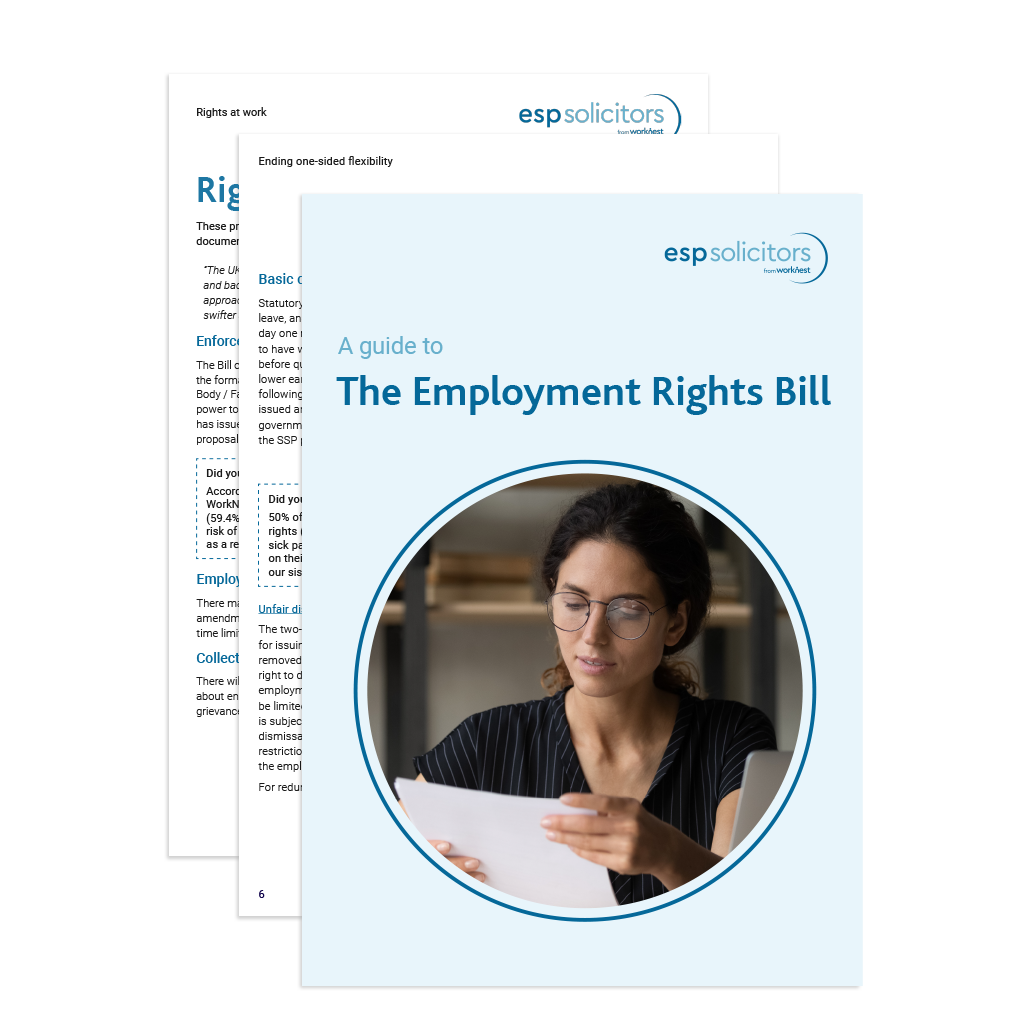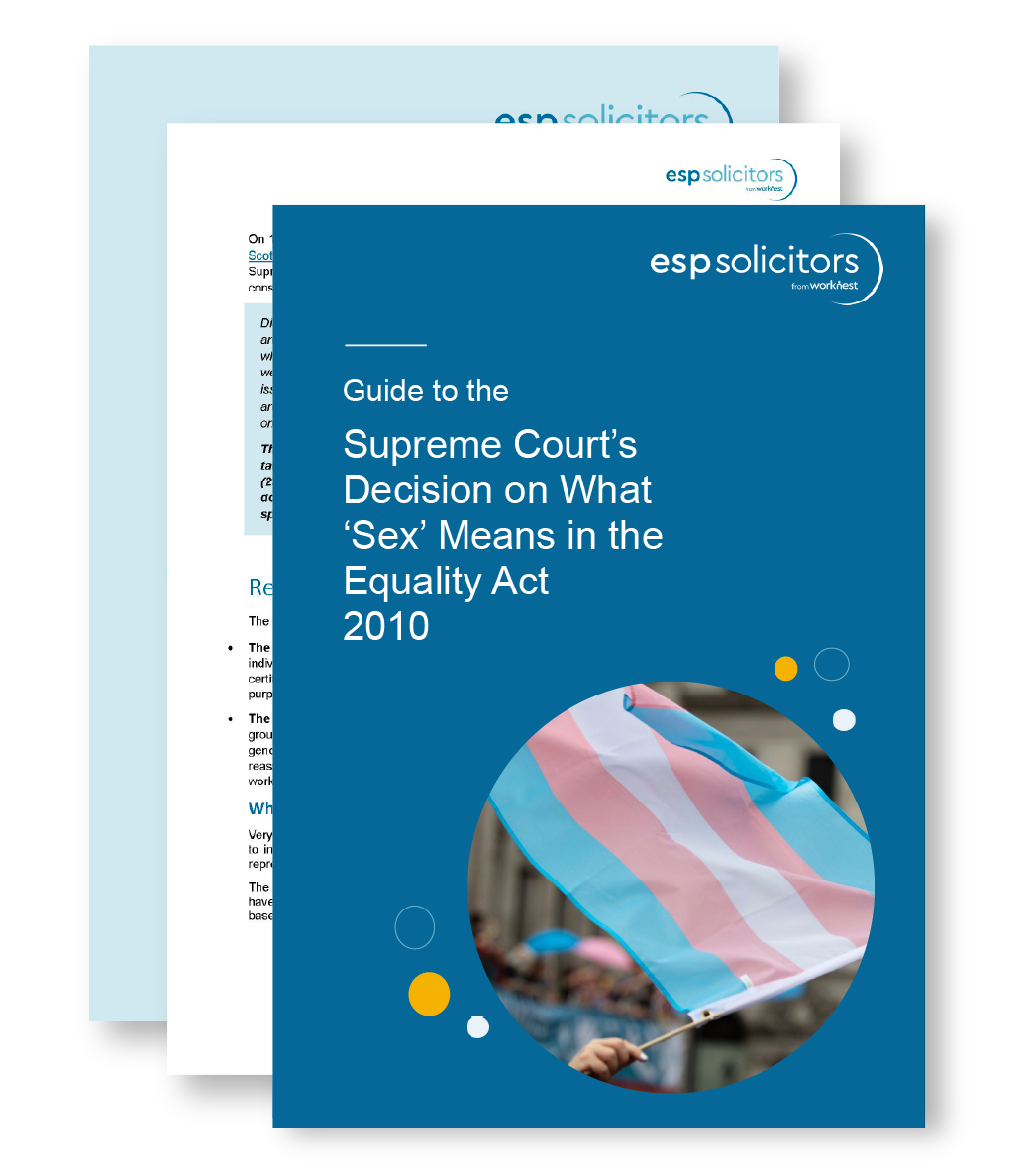The adult social care sector has long faced significant recruitment challenges, with providers struggling to fill vital roles amid growing demand. These difficulties have been compounded by a series of immigration reforms in 2024 and 2025, which have made it more complex for care providers to recruit from overseas to fill the gap left by the ending of EU free movement rules.
This week, the UK Government outlined further proposed changes in its white paper, “Restoring Control over the Immigration System,” which details new immigration rules aimed at reshaping how care workers are recruited, with a focus on reducing reliance on overseas hires, and supporting those already in the UK.
Key changes to note
The immigration white paper sets out the following planned changes:
- Ending overseas recruitment: Care providers will no longer be able to recruit new care workers overseas under the Health and Care Worker visa route.
- Transition period for existing workers: International care workers already in the UK on valid sponsorships can continue to extend their visas, change sponsors, and apply for settlement until 2028 – although the government has said this will be kept under review.
- Fair pay agreements: New sector-wide agreements will be introduced to improve employment terms and conditions.
- Increase to the length of time it takes to settle in the UK: Currently, individuals can settle after 5 years in the UK as a Health and Care Worker but the government proposes to increase the time required for settlement to 10 years. The white paper explains that there will be the ability to settle sooner depending on contributions made to the economy and society but, as yet, how this will apply is unclear. Employers will need to prepare for longer periods of sponsorship, which will result in increased costs.
The changes follow widespread reports of exploitation, with over 470 care providers having their sponsorship licences suspended since 2022 and approximately 40,000 workers displaced.
What care sector employers can do now
While the timeline for implementing these changes is yet to be confirmed, care providers should act quickly and strategically to prepare:
- Review sponsorship practices: Ensure compliance with current sponsorship obligations and provide support to international staff through the transition. Bring forward any planned sponsorships to beat the implementation of the changes.
- Retain and support existing workers: Many displaced international care workers remain in the UK and are eligible for re-sponsorship – a key talent pool to tap into.
- Invest in domestic recruitment: Strengthen partnerships with local training providers, colleges, and job centres to attract and develop UK-based talent.
- Enhance employment standards: Prepare for fair pay agreements by reviewing pay structures, contracts, and working conditions.
- Stay informed: Keep up to date with announcements from the Home Office and the Department of Health and Social Care to remain compliant and competitive.




